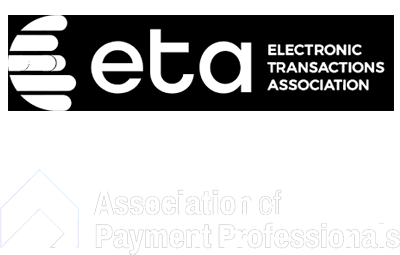29 Jun

In the world of digital commerce, payment service providers (PSPs) play a crucial role in enabling businesses to accept and process electronic payments. But what exactly is a payment service provider, and how can it benefit your business? In this comprehensive guide, we will explore the ins and outs of payment service providers, their functions, and the key considerations when choosing the right provider for your business.
Defining Payment Service Providers
What is a Payment Service Provider (PSP)?
A payment service provider, also known as a PSP, is a company or platform that enables businesses to accept electronic payments from customers. PSPs act as intermediaries between merchants, payment processors, and financial institutions, facilitating the secure and efficient processing of transactions.
The Role of a Payment Service Provider
Payment service providers offer a range of services and features to simplify payment processing for businesses. They typically handle tasks such as payment gateway integration, transaction routing, fraud prevention, and settlement, allowing merchants to focus on their core business activities. They will have a variety of relationships with third party services they integrate with their platform so they can offer you robust tools.
Features and Benefits of Payment Service Providers
Payment Gateway Integration
Payment service providers often offer their own payment gateway solutions or integrate with popular payment gateways. These gateways serve as a secure connection between the merchant’s website or point-of-sale system and the payment networks, ensuring the smooth transmission of transaction data. This of a gateway as a vehicle that transports the secured data from between both parties.
Multiple Payment Methods
PSPs support a wide range of payment methods, including credit cards, debit cards, digital wallets, and alternative payment options. By offering diverse payment options, businesses can cater to the preferences of their customers and increase conversion rates.
Fraud Prevention and Security
Payment service providers employ advanced fraud prevention tools and security measures to protect businesses and customers from fraudulent transactions. Features such as tokenization, encryption, and real-time fraud monitoring help minimize the risk of unauthorized activities and ensure data security.
International Payment Processing
For businesses operating globally, some payment service providers offer the ability to accept payments in multiple currencies and facilitate cross-border transactions. They handle currency conversions, compliance with local regulations, and provide a seamless payment experience for international customers.
Reporting and Analytics
Many payment service providers offer robust reporting and analytics tools that provide valuable insights into transaction data, customer behavior, and sales performance. These insights can help businesses make informed decisions, optimize their payment processes, and identify growth opportunities.
Factors to Consider When Choosing a Payment Service Provider
Pricing and Fees
Evaluate the pricing structure and fees of different payment service providers. Common fee components include transaction fees, monthly fees, setup fees, and chargeback fees. Consider your business’s transaction volume and specific needs to ensure the provider’s pricing aligns with your budget.
Integration and Compatibility
Ensure that the payment service provider integrates smoothly with your existing systems, such as your e-commerce platform or point-of-sale system. Compatibility is crucial to avoid disruptions to your operations and maintain a seamless payment experience for your customers.
Security and Compliance
Choose a payment service provider that prioritizes security and compliance with industry standards, such as Payment Card Industry Data Security Standard (PCI DSS) compliance. Look for providers that offer features like secure data transmission, tokenization, and robust fraud prevention measures to safeguard sensitive customer information.
Customer Support and Service
Prompt and reliable customer support is vital when it comes to payment processing. Look for a payment service provider that offers 24/7 customer support and has a reputation for responsiveness and expertise. Timely assistance can help resolve any payment-related issues swiftly and ensure smooth business operations.
Scalability and Growth Opportunities
Consider the scalability and growth potential offered by the payment service provider. As your business expands, you may require additional features or higher transaction volumes. Choose a provider that can accommodate your future needs and supports your business’s growth trajectory.
Accepting Payments Efficiently and Securely
A payment service provider plays a pivotal role in simplifying payment processing for businesses, enabling them to accept electronic payments efficiently and securely. By understanding the functions and considerations associated with payment service providers, you can make an informed decision when selecting the right provider for your business. Evaluate factors such as features, pricing, security, customer support, and scalability to find a provider that aligns with your specific needs and optimizes your payment operations. Embrace the capabilities of a reliable payment service provider and provide your customers with a seamless payment experience, driving the growth of your business in the digital economy. You can find multiple payment processors all on one platform with PayBlox, the first marketplace for merchant accounts that’s totally free to all business owners.





